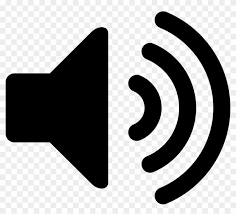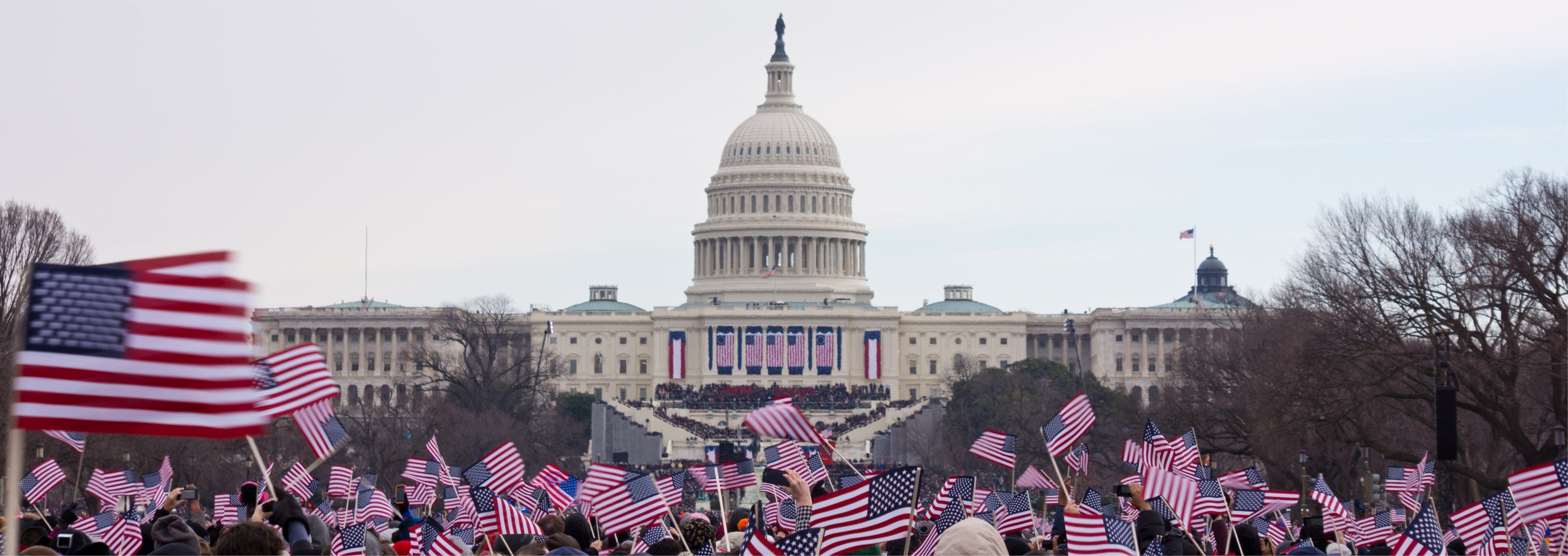 Listen to the audio
Listen to the audio
In political conversations, it is common to hear someone criticize the so-called “uninformed” and argue that an “ignorant” person should not be allowed to express their sentiments in the public square. Ironically, the labels “uninformed” or “ignorant” often are used against anyone who disagrees with the person casting the label. But do we really want to limit the involvement of American citizens in public affairs? The Architects of our Republic made it clear that the people are the only keepers of our unalienable rights and the only true protectors of the Constitution. The involvement of the people, whether their contributions are right or wrong, will keep government within its proper bounds—thus securing our rights.
It is natural to believe that we are correct about our principles and opinions. It does us well to believe so. For it is by adhering to our guiding principles that we give direction to our lives. It is also wise not to be so fixed in our conclusions or opinions that we cannot discover deeper truths and consider the opinions of others. Abigail Adams wrote so eloquently that unwavering opinions are “like most other things which are very hard, very liable to be broken.”[1]
In all of Benjamin Franklin’s brilliance, he was still humble enough to admit that his brilliance could be expanded by recognizing that the opinions of others may be more correct than his. On September 17, 1787, the very day the Constitution was signed, Benjamin Franklin rose to his feet during convention with the intent to call for its signing. Prior to this plea, he confessed that there were parts of the document he did not agree with. He admitted, however, that “the older I grow, the more apt I am to doubt my own judgment, and to pay more respect to the judgment of others.” He then quoted a French lady who had a dispute with her sister and was reported to say, “I don't know how it happens, Sister but I meet with no body but myself, that's always in the right."
Humorous as that lady’s statement is, reality dictates it is true more often than not. Most people really do believe their thinking and reasoning is correct, because you don’t know what you don’t know. It is important that we not judge to harshly the viewpoints of others.
Having presented the possibility that you may have errors in your opinion, let us now assume you are correct and your opposition is in error. Is that error all bad? Does it warrant the need to silence people in their errors? Thomas Jefferson recognized that the people would make mistakes, but most likely will correct their errors over time. He said:
“I am persuaded myself that the good sense of the people will always be found to be the best army. They may be led astray for a moment, but will soon correct themselves. The people are the only censors of their governors: and even their errors will tend to keep these to the true principles of their institution.”[2]
Jefferson is reminding us that we are the only ones capable of maintaining the boundaries by keeping the government within its respective boundaries. The only other option to maintain the boundaries, besides the people, are those in government, who are almost incapable of keeping the boundaries. It is not in human nature to keep yourself bound.
“...the people are the only censors of their governors...”[3]
Even when the people are wrong on a particular issue, just their engagement in keeping the boundaries will help keep the government within the confined boundaries originally set forth in the Constitution.
“...even their errors will tend to keep these to the true principles of their institution.”[4]
Jefferson does not stop with a positive spin on the errors of the people. In the same letter, he continues by covering the negative results of punishing errors.
“To punish these errors too severely would be to suppress the only safeguard of the public liberty. The way to prevent these irregular interpositions of the people is to give them full information of their affairs…
The basis of our governments being the opinion of the people, the very first object should be to keep that right;”[5]
It is more important to keep the right to freely express our opinions than it is to punish errors of opinion. If we punish error too severely, we can damage or even destroy the very “basis of our governments.” He continues:
“Cherish therefore the spirit of our people, and keep alive their attention.
Do not be too severe upon their errors, but reclaim them by enlightening them.”[6]
Thomas Jefferson always returns to the theme that education, or enlightenment, is the only true corrective. “Enlighten the people,” he said, “enlighten the people…and tyranny and oppression…will vanish like evil spirits at the dawn of day.”[7]
Jefferson reveals his profoundly genuine character as he concludes his observations to Edward Carrington. Remember, in 1787, Jefferson served as the United States minister to France. He has served in the Virginia House of Burgesses, as the Governor of Virginia, and was chosen to be the voice of independence as the author of the first draft of the Declaration. He holds the public trust in positions of government. What’s more, Edward Carrington was currently serving as a delegate to the Continental Congress.
Jefferson is arguably one of the greatest minds and ardent defenders of fundamental rights to produce liberty. Yet, he recognized that he was not immune from the corrupting effects of governing control. With all that in mind, you should be moved by his conclusion:
“If once they [the governed] become inattentive to the public affairs, you and I, and Congress, and Assemblies, judges and governors shall all become wolves.”[8]
Remember, Jefferson is talking about the involvement of the people in their instituted government “even in their errors.” Even in their errors, the people can keep the government[9] - Jefferson, Washington, Lincoln, FDR, Kennedy, Reagan, George Bush, Barack Obama, Donald Trump, and Joe Biden - from becoming wolves, if the people were simply attentive to the public affairs. It is therefore worth repeating:
“Cherish therefore the spirit of our people, and keep alive their attention. Do not be too severe upon their errors, but reclaim them by enlightening them.”
The question is not whether we are right or wrong in our opinions. The question is, are we acting as a check on governmental control. Are we keeping our government “to the true principles of [its] institution?” Namely, are we keeping the Republic through our involvement?
[1] Letter from Abigail Adams to John Adams, Braintree, May 7, 1776
[2] Letter from Thomas Jefferson to Edward Carrington, Paris, January 16, 1787
[3] Letter from Thomas Jefferson to Edward Carrington, Paris, January 16, 1787
[4] Letter from Thomas Jefferson to Edward Carrington, Paris, January 16, 1787
[5] Letter from Thomas Jefferson to Edward Carrington, Paris, January 16, 1787
[6] Letter from Thomas Jefferson to Edward Carrington, Paris, January 16, 1787
[7] Letter from Thomas Jefferson to Pierre Samuel Du Pont de Nemours, 24 April 1816
[8] Letter from Thomas Jefferson to Edward Carrington, Paris, January 16, 1787
[9] In our Republic, natural born people are both governors and governed. Jefferson is speaking specifically about the involvement of the governed to keep the governors in check.



2 comments
Mary
Very well said and I’d like to repost
Daniel Hunt
James Madison – A well instructed People alone can be permanently a free people.
George Washington – A primary object should be the education of our youth in the science of government. In a republic, what species of knowledge can be equally important? And what duty more pressing than communicating it to those who are to be the future guardians of the liberties of the country.
Thomas Jefferson – I know no safe depository of the ultimate powers of the society but the people themselves ; and if we think them not enlightened enough to exercise their control with a wholesome discretion, the remedy is not to take it from them, but to inform their discretion by education. This is the true corrective of abuses of constitutional power
It is ultimately up to the People to decide their form of government.